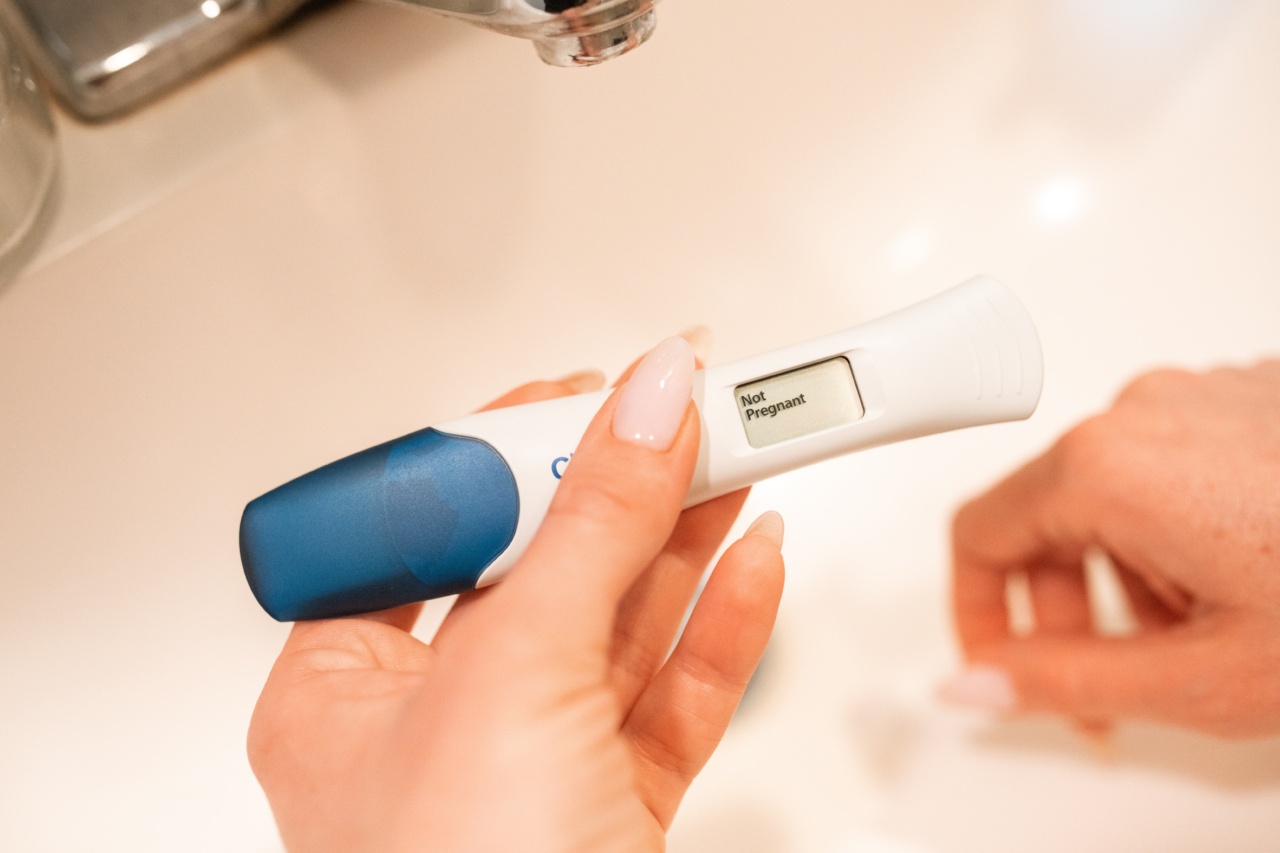High blood pressure, also known as hypertension, is a common medical condition that pregnant women can experience.
However, high blood pressure during pregnancy can lead to some serious complications that can affect both the mother and the baby’s health.
What is high blood pressure in pregnancy?
High blood pressure is a reading of 140/90 mm Hg or higher on two or more occasions during pregnancy.
If left untreated, high blood pressure can lead to preeclampsia, a severe medical condition that can cause damage to organs such as kidneys, liver, and brain. It can also cause blood clotting problems, seizures, or a stroke. Preeclampsia can be a life-threatening condition for both the mother and the baby.
: The Causes of high blood pressure in pregnancy
During pregnancy, high blood pressure can result from various causes, such as:.
- Family history of high blood pressure
- Being over the age of 35
- Being overweight or obese before pregnancy
- Carrying more than one fetus
- Having pre-existing medical conditions such as diabetes, kidney disease, or lupus
: The Symptoms of high blood pressure in pregnancy
In most cases, high blood pressure in pregnancy doesn’t cause noticeable symptoms. However, some women may experience:.
- Severe headaches
- Shortness of breath
- Chest pain
- Blurred vision or vision changes
- Abdominal pain or tenderness
- Decreased urine output
If you experience any of the symptoms mentioned above, you should seek immediate medical attention.
: The Complications of high blood pressure in pregnancy
High blood pressure during pregnancy can lead to several complications, such as:.
: Preeclampsia
Preeclampsia is a severe medical condition that can be life-threatening for both the mother and the baby. It can cause seizures, blood clotting problems, and organ damage. In severe cases, it can also lead to stillbirth or death of the mother.
: Problems with the placenta
If you have high blood pressure, the blood flow to the placenta can be restricted, depriving the baby of oxygen and nutrients, leading to slow growth and premature birth.
: Preterm delivery
High blood pressure during pregnancy can increase the risk of preterm delivery, which can lead to developmental delays and long-term disabilities. In some cases, preterm and low birth weight babies may require intensive care unit (ICU) support.
: The Treatment of high blood pressure in pregnancy
If you have high blood pressure during pregnancy, your doctor will monitor your blood pressure frequently and perform various tests to assess your and your baby’s health.
If you have mild high blood pressure and are not at high risk for developing preeclampsia, your doctor may recommend some lifestyle changes such as regular physical activity, a balanced diet, and limiting salt intake.
If your high blood pressure is severe or if you develop preeclampsia, your doctor may recommend hospitalization and treatment with medication such as antihypertensives to lower your blood pressure, or corticosteroids to help your baby’s lungs mature in case of preterm delivery.
: The Prevention of high blood pressure in pregnancy
: Lifestyle changes
Maintaining a healthy weight, regular physical activity, a balanced diet, and limiting your salt intake can help prevent high blood pressure during pregnancy.
: Regular prenatal care
Regular prenatal visits can help your doctor detect and manage high blood pressure, preventing complications from developing. Make sure to attend all your prenatal appointments and inform your doctor of any symptoms or concerns you may have.
: Early detection and management
If you have a history of high blood pressure or are at high risk for developing preeclampsia, your doctor may recommend preconception counseling and early detection and management to prevent complications.
Conclusion
High blood pressure during pregnancy can lead to several serious complications that can affect both the mother and the baby’s health. However, with early detection and management, it is treatable, and complications can be avoided.
If you experience any symptoms or concerns, seek medical attention immediately, and make sure to attend regular prenatal visits to ensure a healthy pregnancy.





























